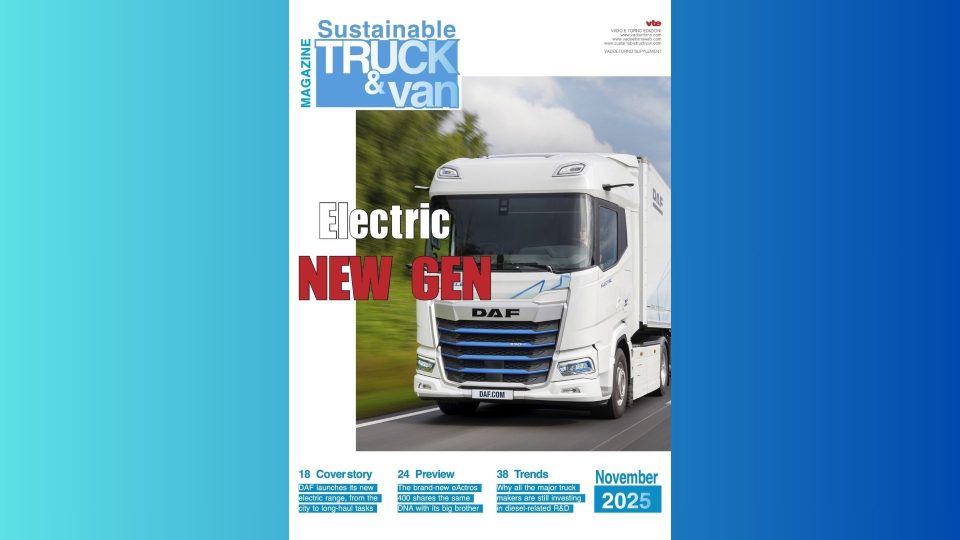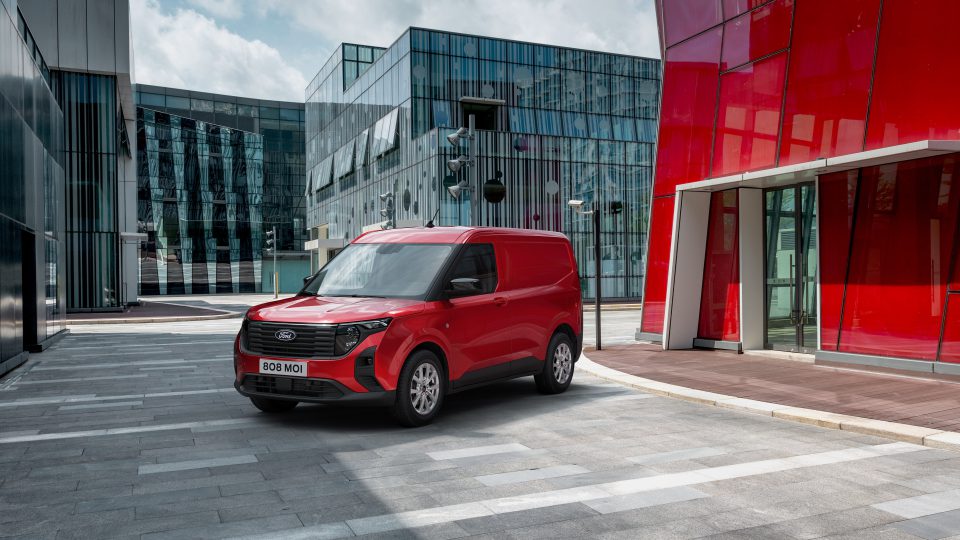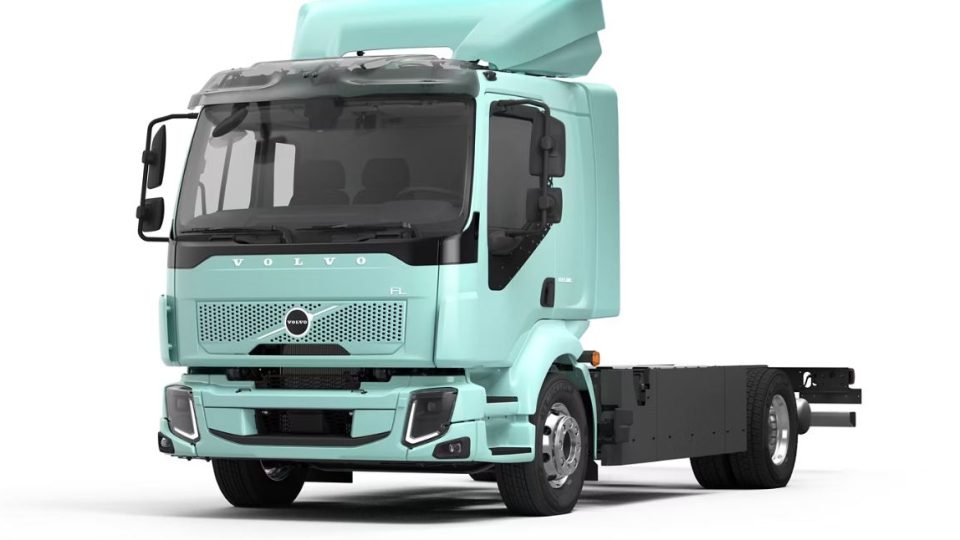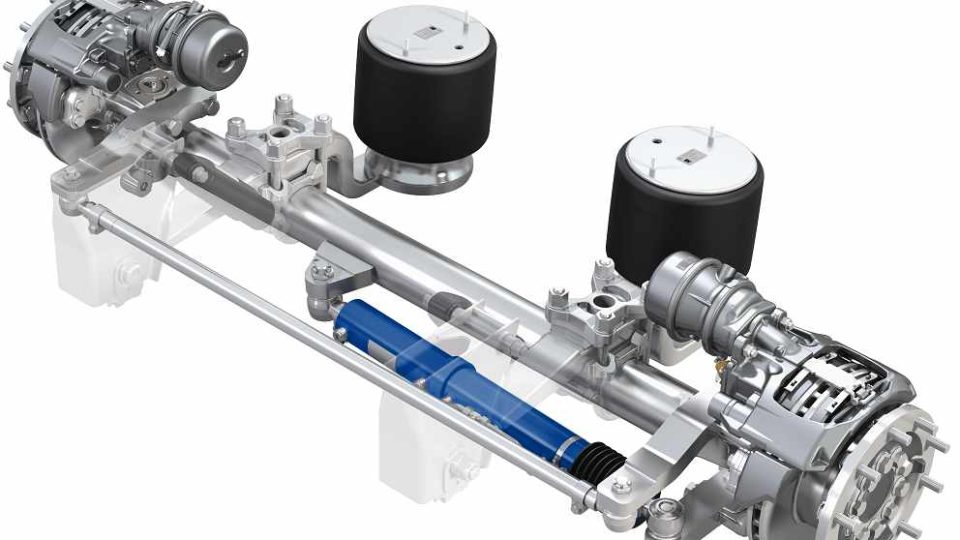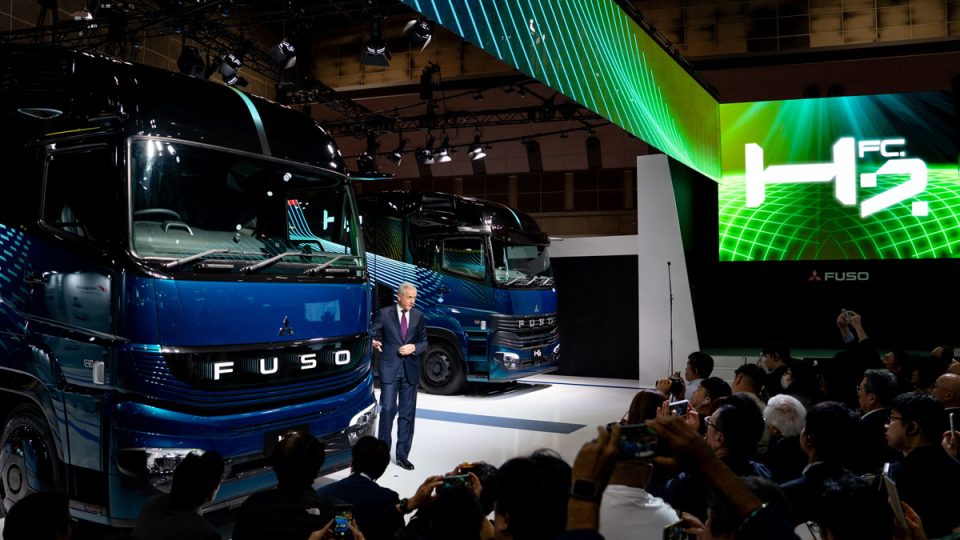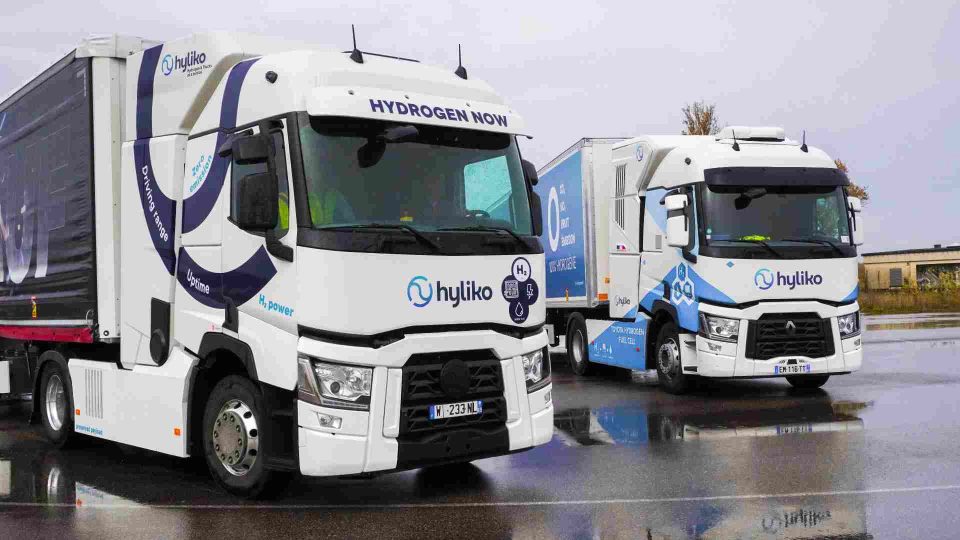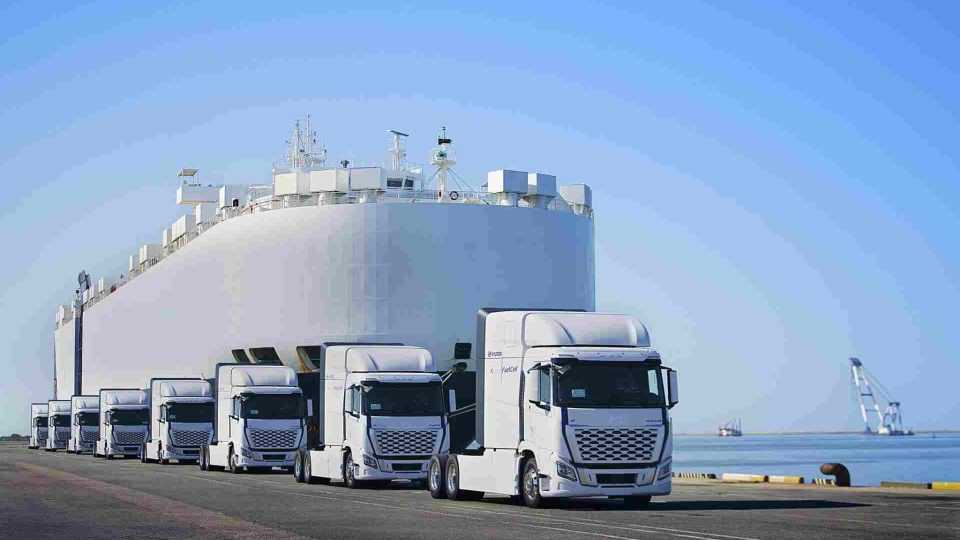Bosch to set its hydrogen offensive: 4,000 hydrogen filling station targeted by 2030
Bosch Rexroth and partner Maximator Hydrogen are testing a solution for compressing hydrogen for filling stations, storage tanks, and pipelines is also to be trialed at the Homburg plant. By 2030, one in three hydrogen filling stations worldwide would then be equipped with Bosch components.
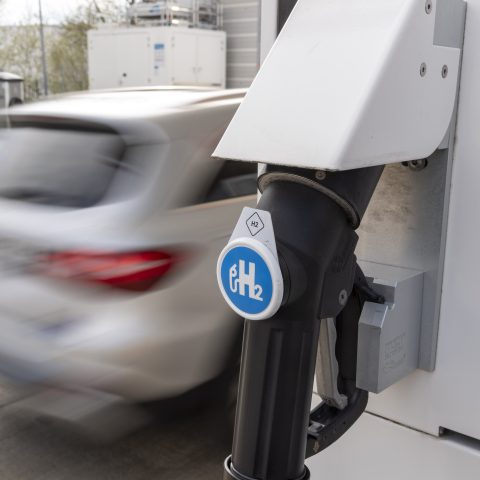
Bosch is throwing its weight behind the push to establish a hydrogen economy. The German giant is going to participate in the annual Hannover Messe exhibition and promote the company’s view on hydrogen and fuel cell applications. «On the path to a climate-neutral future, we have to make it possible for energy-intensive industries to shift to renewables. Hydrogen will be a key element in security of supply», declared Rolf Najork, the Bosch management board member responsible for industrial technology and the company’s manufacturing technology chief.
Bosch can offer the technology needed for hydrogen use in various sectors. The company is developing fuel cells for mobile and stationary applications, equipping hydrogen filling stations with compressors, and producing hydrogen in its own plants. In addition, Bosch plans to enter the electrolyzer components business.
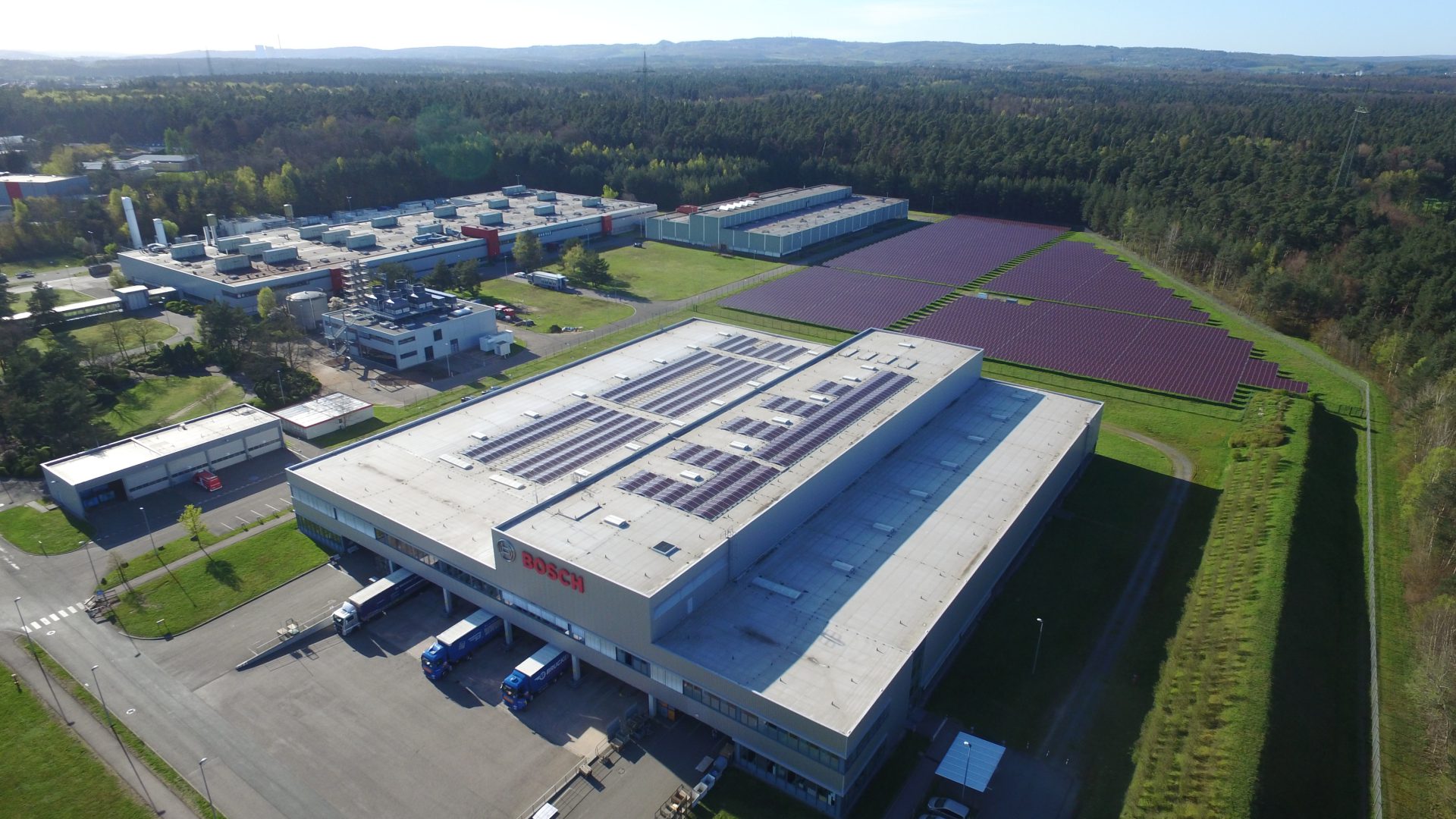
Bosch wants to build a whole network of hydrogen stations
As for the development of sustainable mobility, Bosch Rexroth and partner Maximator Hydrogen are testing a solution for compressing hydrogen for filling stations, storage tanks, and pipelines is also
to be trialed at the Homburg plant. By 2030, Bosch Rexroth and Maximator Hydrogen want to make this technology available to 4,000 hydrogen filling stations. One in three hydrogen filling stations worldwide would then be equipped with Bosch components.
As mentioned before, Bosch intends to supply not only the technology for compressing hydrogen and converting it into electricity with the help of fuel cells, but also to be involved in the production of hydrogen. The company is now planning to start developing components for electrolyzers. These units use electricity to cause a chemical reaction that splits water into hydrogen and oxygen. Provided the electricity comes from renewables, the end product is green hydrogen. By the end of the decade, Bosch aims to invest up to 500 million euros into the volume production and marketing of the core component of hydrogen electrolysis



